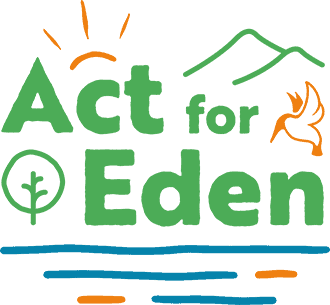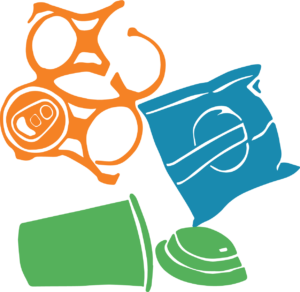Reduce Pollution
Everyday household products contain ingredients that are / can be harmful to the aquatic environment – some with long-lasting effects.
Many of the cleaning products (detergents) and cosmetics we use end up being washed down the plughole, ultimately ending up in our rivers and seas. Not all are biodegradable, and many are not removed from the water in sewage treatment works before being discharged into a river.
Then there’s the unflushables – the plastic ‘nasties’ that are ending up down the loo, clogging up sewers, littering our riverbanks and riverbeds, being eaten by unsuspecting wildlife and polluting the water. Yuk.
Did you know that the UK flushes 3.4 billion wet wipes down the toilet each year, making up 94% of the materials causing sewer blockages?
It’s not just inside the home, the way we tend our gardens and backyards can damage the health of our rivers and lakes too.
Pesticides (insect and slug killers), herbicides (weed killers) and artificial fertilisers can contaminate the water.
The use of peat compost is destroying peatlands, which are an essential part of a healthy planet; having taken thousands of years to form, they maintain water quality, help to regulate flow off the hills, lock up carbon from the atmosphere and are home to rare and vital habitat and wildlife.
U.N. Sustainable Development Goals
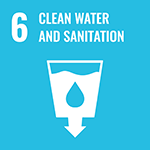
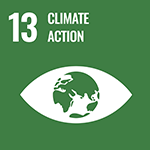
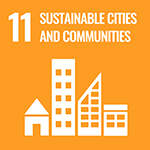
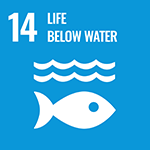
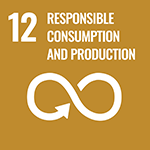
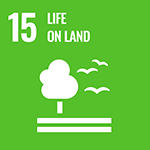
Reducing pollution locally also makes a difference globally - contributing towards the Sustainable Development Goals (SDGs).
These are a set of 17 goals set out by the United Nations to focus efforts around the world in order to “achieve a better and more sustainable future for all.” (UN SDG website)
Although major actions are needed by governments, cities and local authorities, it starts with each and every one of us. By making a promise to Act for Eden, you are already living and working more sustainably – which is great news for our planet.
You can do it
Here's how
![]()
It's cool to re-use
You’re less like to accidentally drop or lose your own bottle or cup – and it’ll save you lots of money too! Don’t be afraid to ask for your reusable cup to be filled at your favourite coffee shop…and see if you can get a discount!
Check out the drinking water refill scheme in Penrith: https://www.penrithact.org.uk/refill
Swap your snacks
Re-fill shops and stations are springing up all over the place allowing you to reuse packaging by re-filling it. if it’s all new to you, start small and build up to more as your confidence grows.
Eden district is lucky to have a ‘zero waste’ shop in Penrith called Another Weigh. From washing up liquid to pasta, beans to cereals you just bring your container, fill it up and pay by weight … which could also be good for your wallet!
Be a legendary litter picker
Why not pick litter while walking the dog, or on your way to school?
Keep Britain Tidy has some great advice for litter picking safely when picking someone else’s litter.
Look out for their annual Great British Spring Clean – it’s a great opportunity to get out by the river and help make it a healthier place for people and wildlife
Swap your snacks 2
Most crisp and sweet wrappings are metallised and cannot be recycled. Try cutting back on snacks with these types of wrappings and choose ones with less, or easily recyclable packaging.
You could also try making your own snacks instead! Even a small reduction by one person can add up to a big difference.
Bin the wipes
It’s time to bin the wet wipes – literally! Put a bin next to your loo so it’s handy to dispose of them after use and consider using an alternative to wet wipes (such as re-useable makeup remover pads) if you can.
Choose river-friendly products
Make the swap to environmentally-friendly (ecological) cleaning products that are free from the top ‘nasties’. Simply switching just one product can make a huge difference, especially if we all do it.
Be a savvy shopper:
Check which brands are also looking out for wildlife and making ethical choices in the production of their products. Popular and readily available brands are Bio-D, Eco-Egg, Ecoleaf, Ecover, Ecozone, Faith in Nature. Some supermarkets now have their own eco-products, but check the labels carefully.
Ethical Consumer provides a huge amount of advice for free, and a subscription gives you access to their ratings of a huge range of products.
Pure and simple
Make your own household cleaning products from simpler products such as white vinegar, soda crystals and citric acid, which can help with most cleaning jobs around the home. Find out how with Dri Pak.
